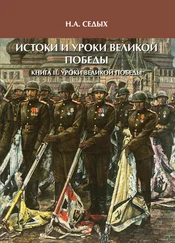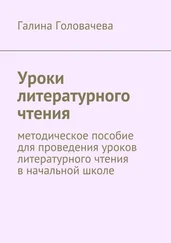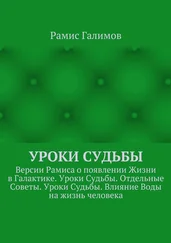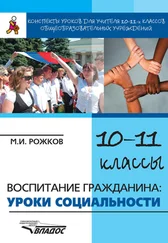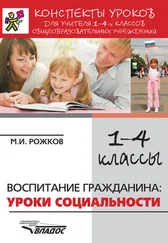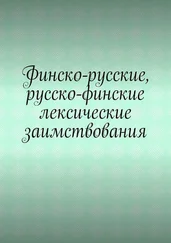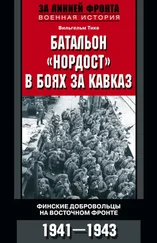Amrein, A. L., Berliner, D. C. (2002). High-stakes testing, uncertainty, and student learning. Education Policy Analysis Archives, 10(18).
Asplund, R., Maliranta, M. (2006). Productivity growth: The role of human capital and technology in the road to prosperity // A. Ojala, J. Eloranta, J. Jalava (Eds.), The road to prosperity: An economic history of Finland (pp. 263–283). Helsinki: SKS.
Atjonen, P., Halinen, I., Hämäläinen, S., et al. (2008). Tavoitteista vuorovaikutukseen. Perusopetuksen pedagogiikan arviointi [From objectives to interaction: Evaluation of the pedagogy of basic education]. Koulutuksen arviointineuvoston julkaisuja, 30, 197. Jyväskylä, Finland: Koulutuksen arviointineuvosto.
Au, W. (2009). Unequal by design: High-stakes testing and the standardization of inequality. New York: Routledge.
Auguste, B., Kihn, P., Miller, M. (2010). Closing the talent gap: Attracting and retaining top third graduates to a career in teaching. London: McKinsey & Company.
Baker, E., Barton, P., Darling-Hammond, L., et al. (2010). Problems with the use of student test scores to evaluate teachers: Briefing paper 278. Washington, DC: Education Policy Institute.
Barber, M., Moffit, A., Kihn, P. (2011). Deliverology 101: Afield guide for educational leaders. Thousand Oaks: Corwin.
Barber, M., Mourshed, M. (2007). The McKinsey report: How the world's best performing school systems come out on top. London: McKinsey & Company.
Bautier, E., Rayon, P. (2007). What PISA really evaluates: Literacy or students' universes of reference? Journal of Educational Change, 8(4), 359–364.
Beny. J., Sahlberg, P. (2006). Accountability affects the use of small group learning in school mathematics. Nordic Studies in Mathematics Education, 11(1), 5–31.
Biddle, B. J., Berliner, D. C. (2002). Research synthesis: Small class size and its effects, Educational Leadership, 59(5), 12–23.
Bracey, G. (2005). Research: Put out over PISA. Phi Delta Kappan, 86(10), 797.
Brophy, J. (2006). Grade repetition. Education policy series 6. Paris: International Institute for Educational Planning.
Carnoy, M. (2007). Cuba's academic advantage. Why students in Cuba do better in school. Stanford: Stanford University Press.
Castells, M., Himanen, P. (2002). The information society and the welfare state: The Finnish model. Oxford: Oxford University Press.
Coleman, J., Campbell, E., Hobson, C., et al. (1966). Equality of educational opportunity. Washington, DC: Government Printing Office.
Committee Report (2005). Report of the committee on transition from basic to secondary education and training. Reports of Ministry of Education 33. Helsinki: Ministry of Education.
Darling-Hammond, L. (2006). Powerful teacher education: Lessons from exemplary programs. San Francisco: Jossey-Bass.
Darling-Hammond, L. (2010). The flat world and education. How America's commitment to equity will determine our future. New York: Teachers College Press.
Department of Education (2010). The importance of teaching: The schools white paper. London: Department of Education.
Dohn, N. B. (2007). Knowledge and skills for PISA. Assessing the assessment. Journal of Philosophy of Education, 41(1), 1–16.
Elley, W. B. (Ed.). (1992). How in the world do students read? Hamburg: Grindeldruck.
European Commission (2004). Common European principles for teacher competences and qualifications. Brussels: Directorate-General for Education and Culture, http://www.see-educoop.net/education-in/pdf/01-en-prin-ciples-en.pdf
Fullan, M. (2010). All systems go: The change imperative for whole system reform. Thousand Oaks, CA: Corwin.
Fullan, M. (2011). Choosing wrong drivers for whole system reform (Seminar series 204). Melbourne: Centre for Strategic Education.
Gameran, E. (2008, February 29). What makes Finnish kids so smart. Wall Street Journal. http://online.wsj.com/article/SB120425355065601997.html
Goldstein, H. (2004). International comparisons of student attainment: Some issues arising from the PISA study. Assessment in Education: Principles, Policy and Practice, 11(3), 319–330.
Grek, S. (2009). Governing by numbers: The PISA «effect» in Europe. Journal of Education Policy, 24(1), 23–37.
Grubb, N. (2007). Dynamic inequality and intervention: Lessons for a small country. Phi Delta Kappan, 89(2), 105–114.
Häivälä, K. (2009). Voice of upper-secondaiy school teachers: Subject teachers perceptions of changes and visions in upper secondary schools. Annales Universitatis Turkuensis С 283 (in Finnish). Turku: University of Turku.
Hargreaves, A. (2003). Teaching in the knowledge society. Education in the age of insecurity. New York: Teachers College Press.
Hargreaves, A., Crocker, R., Davis, B., et al. (2009). The learning mosaic: A multiple perspectives review of the Alberta initiative for school improvement. Edmonton: Alberta Education.
Hargreaves, A., Earl, L., Moore, S., Manning, M. (2001). Learning to change: Teaching beyond subjects and standards. San Francisco: Jossey-Bass.
Hargreaves, A., Fink, D. (2006). Sustainable leadership. San Francisco: Jossey-Bass.
Hargreaves, A., Goodson, I., (2006). Educational change over time? The sustainability and nonsustainability of three decades of secondary school change and continuity. Educational Administration Quarterly, 42(1), 3–41.
Hargreaves, A., Halasz, G., Pont, B. (2008). The Finnish approach to system leadership // B. Pont, D. Nusche, D. Hopkins (Eds.), Improving school leadership, vol. 2: Case studies on system leadership (pp. 69–109). Paris: OECD.
Hargreaves, A., Shirley, D. (2009). The Fourth Way: The inspiring future of educational change. Thousand Oaks, CA: Corwin.
Hautamäki, J., Haijunen, E., Hautamäki, A., et al. (2008). PISA06 Finland: Analyses, reflections and explanations. Helsinki: Ministry of Education.
Hellström, M. (2004). Muutosote. Akvaarioprojektin pedagogisten kehittamishankkeiden toteutustapa ja onnistuminen [The way of change — The implementation and success of pedagogical development projects at the experimental schools of the Aquarium-project]. Helsinki: University of Helsinki.
Itkonen, T., Jahnukainen, M. (2007). An analysis of accountability policies in Finland and the United States. International Journal of Disability, Development and Education, 54(1), 5–23.
Jakku-Sihvonen, R., Niemi, H. (Eds.) (2006). Research-based teacher education in Finland: Reflections by Finnish teacher educators. Turku: Finnish Educational Research Association.
Jennings, J., Stark Rentner, D. (2006). Ten big effects of the No Child Left Behind Act on public schools. Washington, DC: Center on Education Policy.
Jimerson, S. (2001). Meta-analysis of grade retention research: Implications for practice in the 21st century. School Psychology Review, 30, 420–437.
Jokinen, H., Välijärvi, J. (2006). Making mentoring a tool for supporting teachers' professional development // R. Jakku-Sihvonen, H. Niemi (Eds.), Research-based teacher education in Finland: Reflections by Finnish teacher educators (pp. 89–101). Turku: Finnish Educational Research Association.
Joyce, B., Weil, M. (1986). Models of teaching (3rd ed.). Englewood Cliffs: Prentice Hall.
Jussila, J., Saari, S. (Eds.). (2000). Teacher education as a future-moulding factor: International evaluation of teacher education in Finnish universities. Helsinki: Higher Education Evaluation Council.
Читать дальше
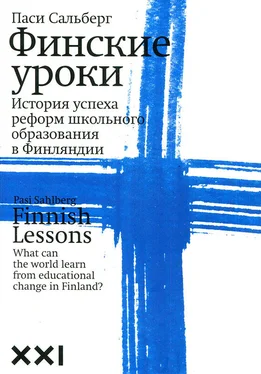
![Унелма Конкка - Волшебный короб [Финские народные сказки]](/books/28782/unelma-konkka-volshebnyj-korob-finskie-narodnye-sk-thumb.webp)



